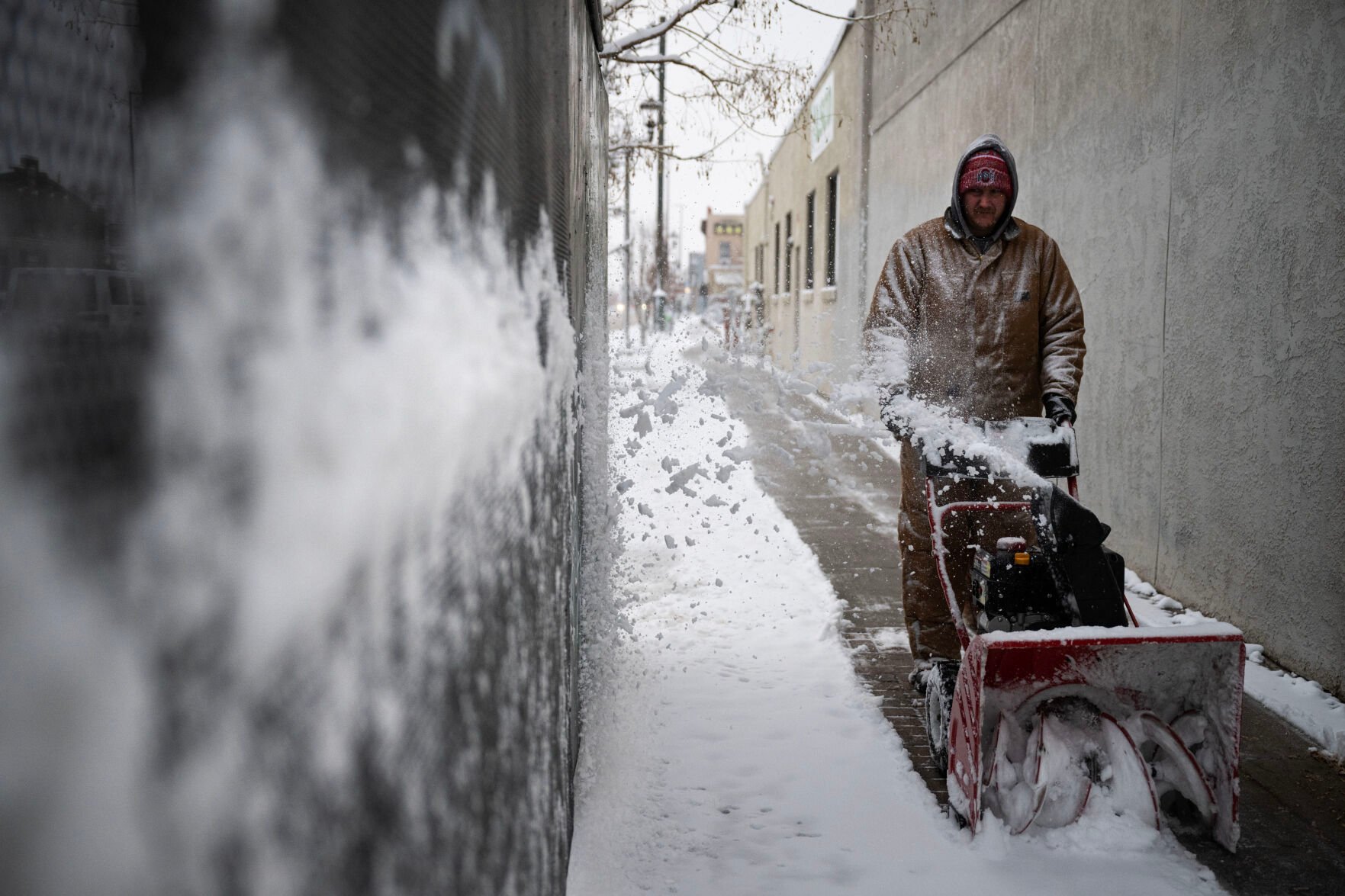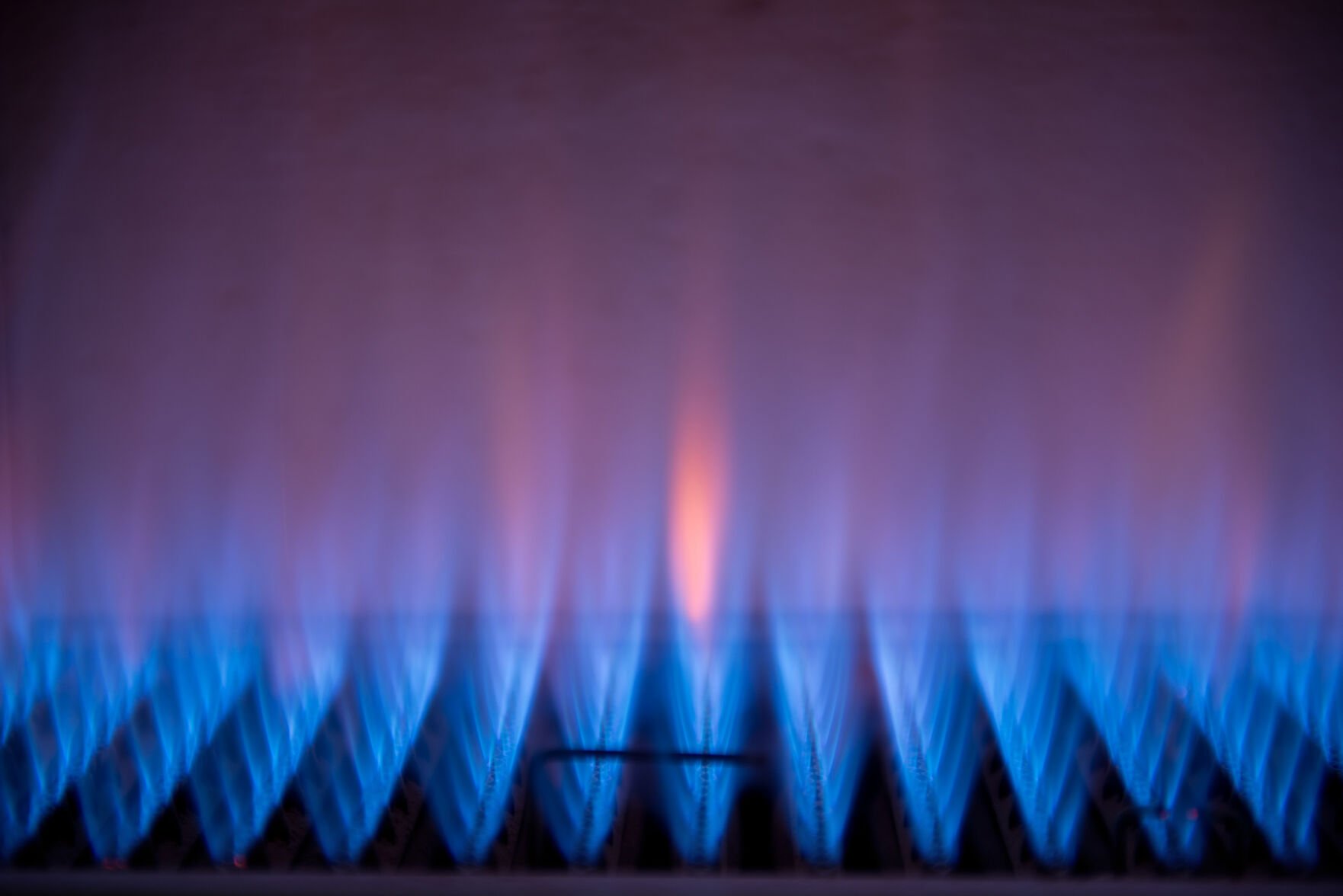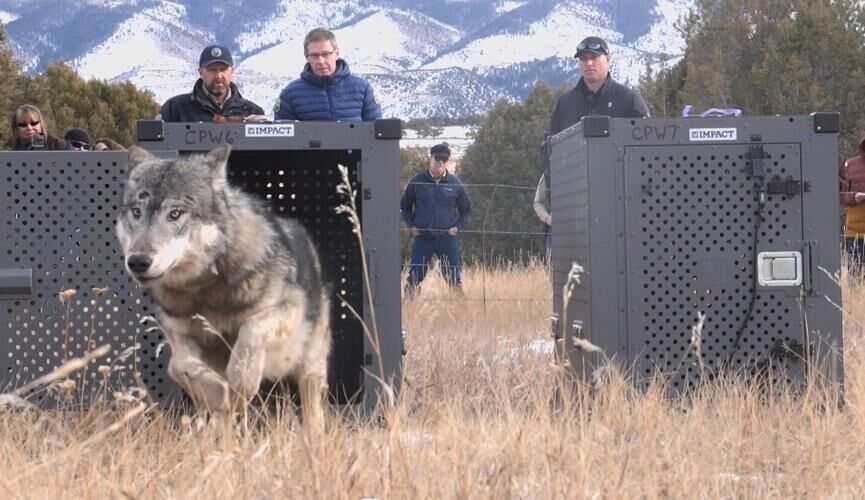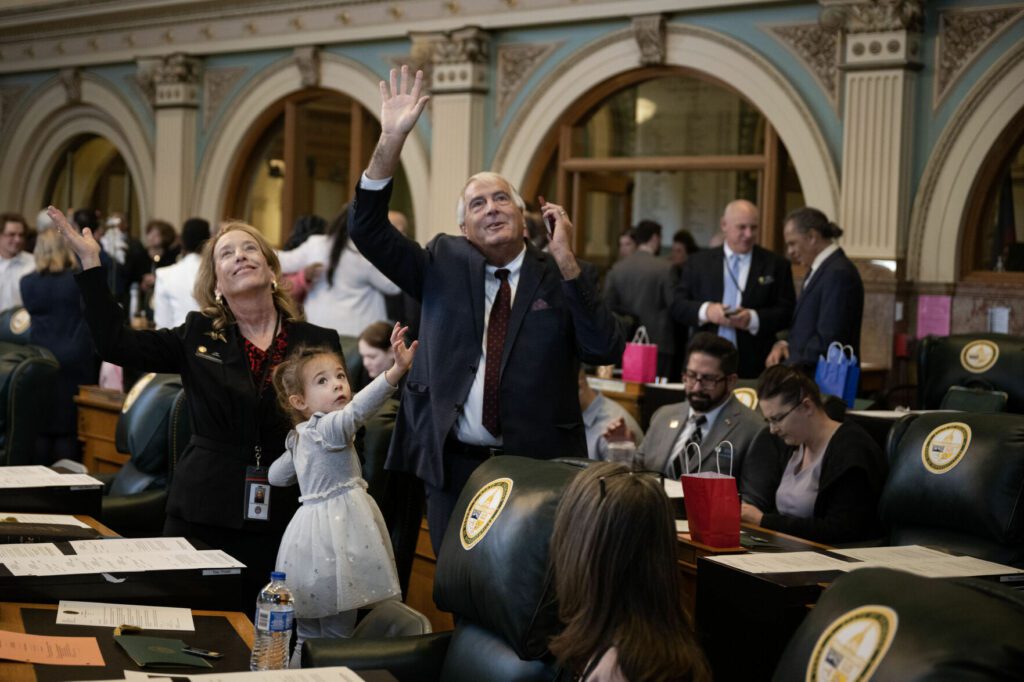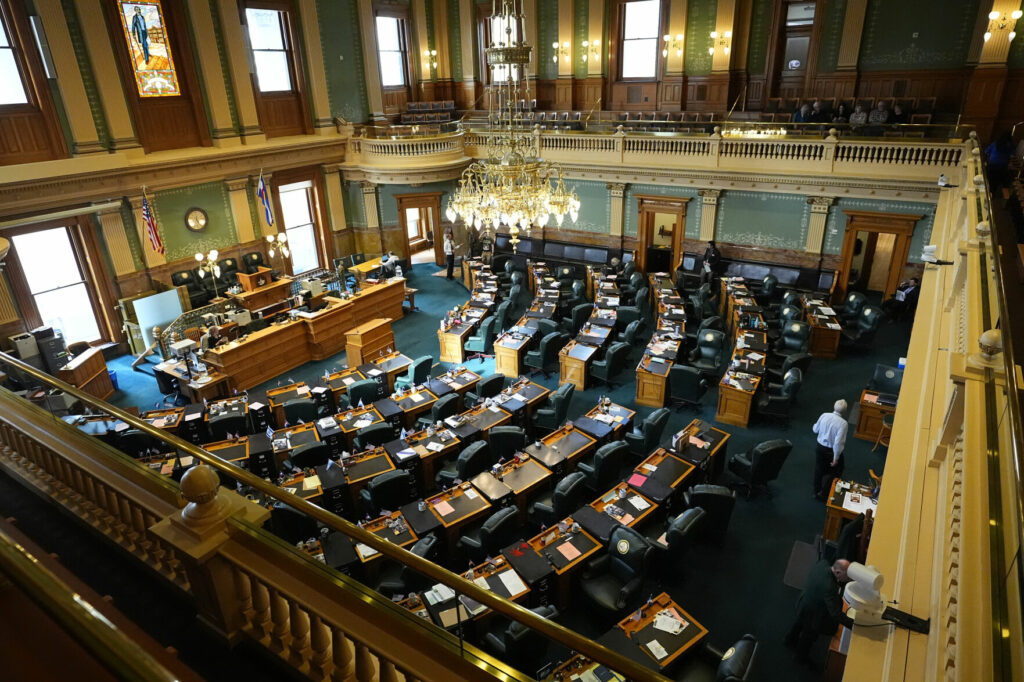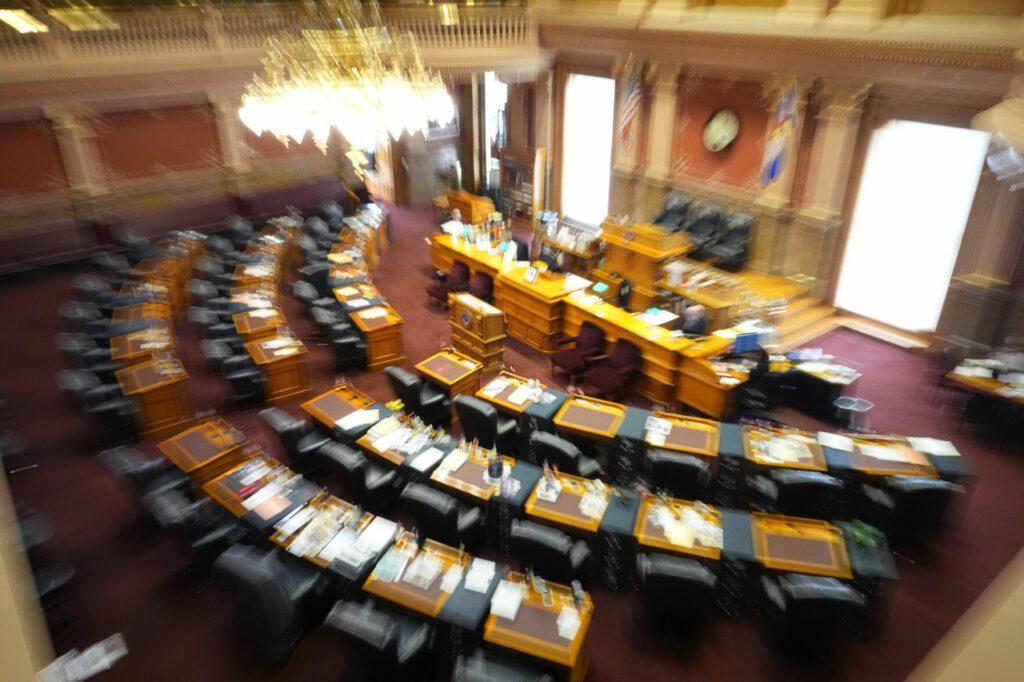Xcel customers face $66 million hike in gas bills this winter
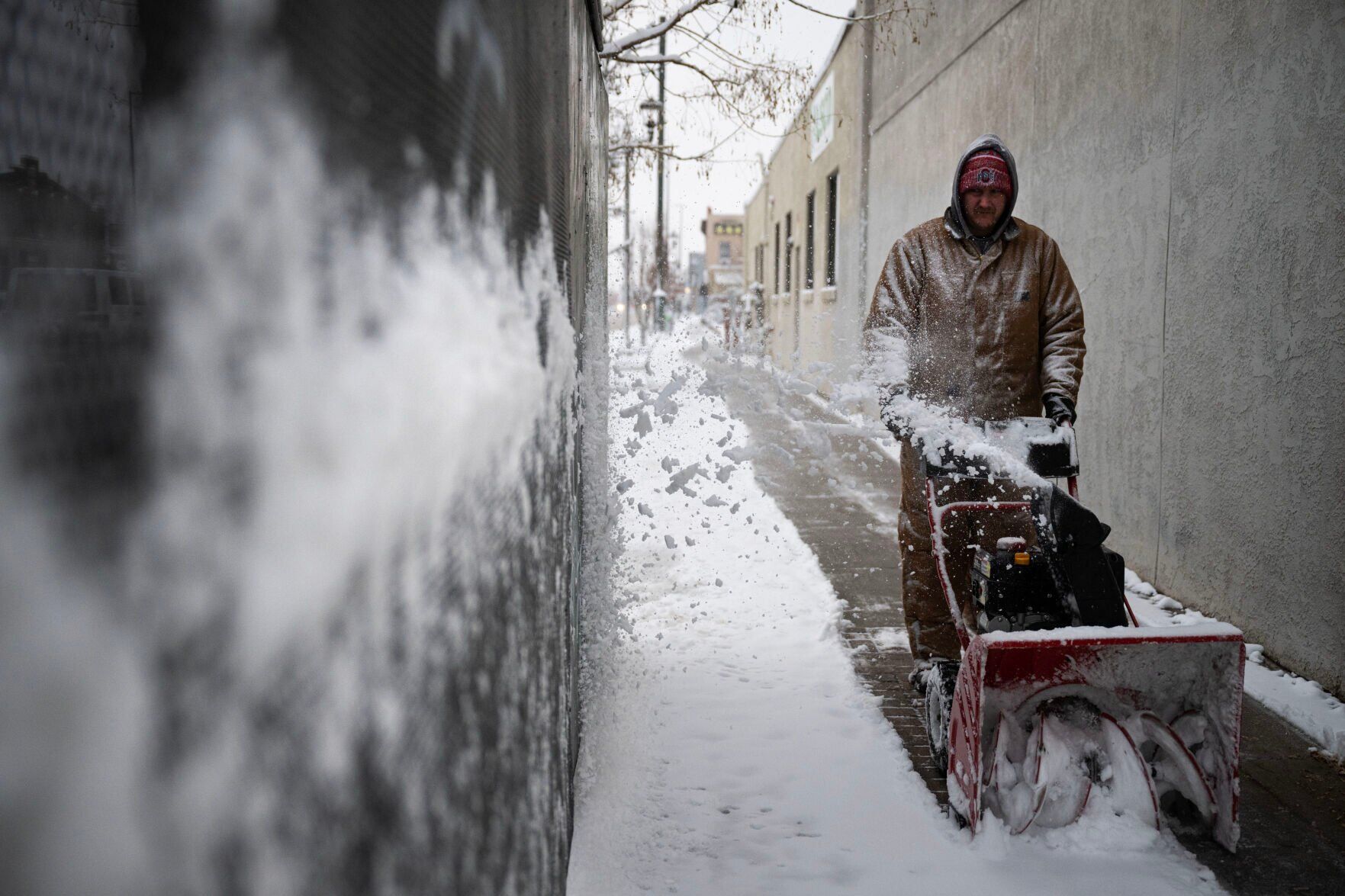
Xcel Energy customers face a $66 million increase in heating bills this winter under a proposal the company submitted to Colorado’s state regulators.
The energy company also seeks an expedited approval from the Public Utilities Commission.
If adopted – energy regulators have routinely approved such quarterly adjustments – the new rates would take effect starting in October.
The additional revenue does not necessarily translate to profits for the company’s shareholders, according to the company.
“Those fuel costs, including the cost of wholesale natural gas, are passed directly to customers without markup,” Xcel said in a news release. “Xcel Energy uses every option available to get the best prices for its customers by buying and storing energy when it is less expensive.”
The company also emphasized that, under its proposal, customers will still see their heating bills drop by as much as 35% compared to what they paid through the last three months of last year.
The lower cost of wholesale natural gas compared to a year ago is driving the significant drop in energy bills, the company said.
Xcel submitted its gas cost adjustment for the fourth quarter to the Colorado Public Utilities Commission on Friday and asked state regulators to approve the rate change on less than the required 30-days notice, saying failing to give the permission right away “would not provide a timely price signal to customers that accurately reflects the costs of service” noted in its application.
Under the proposal, the average residential gas bills for October through December would increase by 15% – $11.58 per month – to $85.62. Small-business natural gas bills would increase by 17% – $51.09 per month – to $356.50.

The other components of the adjustment include several items that don’t directly deal with the cost of natural gas in the wholesale market. Notably, included in Xcel’s rate adjustment are a “deferred gas cost,” an “upstream service cost” and a “gas storage inventory cost.” It’s not immediately clear what portion of the $66 million can be attributed to these other costs, nor is it clear if any part of those costs constitutes profit for the company.
Residential electric customers, on the other hand, will see a $0.34 decrease per month, while small businesses would pay approximately $0.52 less on a typical monthly bill compared to the third quarter of 2023.
Even though prices will go up in the last three months of the year, the company emphasized that, compared to the fourth quarter of 2022, its customers will see significant savings under its proposed rate adjustment for natural gas.
In particular, the company said that an average residential customer can expect to see the monthly bill drop from $131 to $86. For small businesses, the savings would be $208.

But the company still cautioned customers to keep an eye on their natural gas consumption. Indeed, Xcel encouraged customers to take steps to save energy and money and to reach out if they need help with energy bills.
“While natural gas commodity costs are down 50% compared to a year ago, the price of natural gas has increased heading into the fourth quarter, compared to the third quarter,” the company said. “Customers will see higher natural gas bills heading into winter than they did over the summer, with cooler weather and more use of natural gas for heating.”
Coloradans have complained about soaring energy prices, particularly in the last few years.
Notably, natural gas prices spiked to record levels in February 2021 during Winter Storm Uri, when prices leapt from $2.00-$3.00 per thousand cubic feet to as much as $600. And, despite protestations from Gov. Jared Polis, Colorado’s utility regulators approved Xcel’s request to pass down the cost of that extraordinary event to customers, who will be paying what ended up being a $500 million bill over the next two years.
Another cold snap at the end of December last year ended up doubling and, in some case, tripling ratepayer’s bills in January and February this year.
Lawmakers, too, have explored ways to try and curb utility hikes.
A joint committee hearing on high energy costs at the statehouse in March provided insights into the regulatory process that determines how much money investor-owned utilities make and how much utility consumers have to pay.
During the hearing, the official who advocates for customers before the Colorado Public Utilities Commission said the state’s high energy costs are partly due to a high-stakes regulatory “game” being played largely outside of the public’s view.
Joseph Pereira, deputy director of the Utility Consumer Advocate office, said when he started at the advocate office, he was introduced to a concept called the “rule of 60.”
“When a utility comes in for a rate case, they’re likely to get 60 to 70% of what they ask,” said Pereira. “And I have to say in my short period, my three years at the Consumer Advocates Office, it’s held pretty true.”
